Insultard Novalet 100IU Injection 1's
MRP ₹569.5
(Inclusive of all Taxes)
₹85.4 Cashback (15%)
Provide Delivery Location
Online payment accepted
 Prescription drug
Prescription drugWhats That
Composition :
Manufacturer/Marketer :
Consume Type :
Expires on or after :
Return Policy :
About Insultard Novalet 100IU Injection
Insultard Novalet 100IU Injection belongs to the group of medications called 'antidiabetics' used to treat type 1 and type 2 diabetes mellitus. Diabetes mellitus is a condition in which glucose levels are elevated in the body. In type 1 diabetes, the body does not make enough insulin (a hormone essential for glucose metabolism). In type 2 diabetes, either the body stops producing enough insulin or there is resistance to the action of insulin.
Insultard Novalet 100IU Injection contains 'Human Insulin'. It replaces the deficient hormone 'insulin' in patients with diabetes. Insultard Novalet 100IU Injection suppresses the production of sugar in the liver and facilitates the reuptake of sugar in the fat and muscle cells; thereby, Insultard Novalet 100IU Injection ensures rapid and consistent sugar control. It starts to work within 30 min after injection, and its action lasts up to 8 hours.
Take Insultard Novalet 100IU Injection as prescribed by your doctor. A healthcare professional will teach you how to take the injection. It can cause some side effects, such as low blood sugar, swelling in your hands or feet, weight gain, or thickening of the skin at the injection site. Consult your doctor if any of these side effects persist or get worsen.
Do not take Insultard Novalet 100IU Injection if you are allergic to insulin or have an episode of hypoglycemia (low blood sugar). Talk to your doctor if you have a history of liver or kidney diseases and if you are pregnant or breastfeeding. Also, inform your doctor if you are taking any other anti-diabetic medications. If you experience an episode of hypoglycemia, seek medical attention immediately.
Uses of Insultard Novalet 100IU Injection
Directions for Use
Key Benefits
Insultard Novalet 100IU Injection contains Human Insulin that is a short-acting form of insulin. It helps lower blood sugar levels in both adults and children. It stimulates the recovery of sugar in muscle and fat cells and thus suppresses the production of sugar in the liver. Insultard Novalet 100IU Injection helps in improving glycemic control which in turn decreases the risk of progression of complications of diabetes like damage of retina (retinopathy), damage of kidney (nephropathy), damage of nerve cells (neuropathy), delayed wound healing, diabetic foot ulcer, and others.
Storage
Drug Warnings
Do not take Insultard Novalet 100IU Injection if you are allergic to any of the contents. Inform your doctor if you have hypoglycemia (low blood glucose levels), hypokalemia (low levels of potassium in the blood), heart, kidney or liver problems. Consult a doctor before taking Insultard Novalet 100IU Injection if you are pregnant or breastfeeding. Insultard Novalet 100IU Injection may cause dizziness, so drive only if you are alert. You are recommended not to consume alcohol as it may cause unpleasant side effects. Care should be taken when you are travelling across more than 2 time zones; your doctor may adjust your insulin schedule.
Diet & Lifestyle Advise
- Include foods rich in healthy carbohydrates, fibre, fruits, whole grains, and vegetables in your diet.
- Try eating food at regular intervals. Do not skip meals. Also, try not to overeat.
- Follow a healthy diet and walk for at least a few minutes to complement treatment with Insultard Novalet 100IU Injection.
- Maintain a healthy weight by exercising regularly.
- Rest properly, avoid stress by doing meditation or yoga.
Side Effects of Insultard Novalet 100IU Injection
- Low blood sugar
- Swelling in your hands or feet
- Weight gain
- Thickening of the skin at the injection
Habit Forming
Therapeutic Class
All Substitutes & Brand Comparisons
RX
Out of StockWosulin-R 100Iu 5Ml Inj
Wockhardt Ltd
₹218.5
(₹39.33/ 1ml)
93% CHEAPERRX
Huminsulin R 100IU/ml Solution for Injection 10 ml
Eli Lilly and Company (India) Pvt Ltd
₹592
(₹52.1/ 1ml)
90% CHEAPERRX
Out of StockEquisulin R 100 Injection 3 ml
Koye Pharmaceuticals Pvt Ltd
₹242.62
(₹72.79/ 1ml)
87% CHEAPER
Author Details
We provide you with authentic, trustworthy and relevant information
FAQs
Drug-Drug Interactions Checker List
- ROSIGLITAZONE
- PIOGLITAZONE
- LEVOFLOXACIN
- NORFLOXACIN
- OFLOXACIN
- ENALAPRIL
- LISINOPRIL
- CAPTOPRIL
- LOSARTAN
- VALSARTAN
- PROPRANOLOL
- METOPROLOL
Special Advise
If you feel any symptoms of hypoglycemia (fatigue, dizziness, confusion, heart palpitations, shakiness and anxiety), consult your doctor immediately.
Disease/Condition Glossary
Diabetes mellitus: It is a metabolic disease that causes high blood sugar levels. Type 1 diabetes (juvenile diabetes) is an autoimmune disease in which the immune system attacks and destroys its own cells in the pancreas, thereby producing no insulin. It often occurs in childhood. Type 2 diabetes (adult-onset diabetes) occurs when the insulin (a hormone produced by the beta cells of the pancreas) is resistant in breaking the glucose to produce energy (insulin resistance) or the pancreas produces little or no insulin at all. Symptoms include frequent urination, increased thirst, hunger, and blurred vision. The treatment includes oral glucose-lowering medicines and insulin shots.

Have a query?
Alcohol
Safe if prescribed
It is advised to avoid alcohol intake since it may worsen the side effects and increase the risk of developing low blood sugar levels.
Pregnancy
Consult your doctor
It is advised to use Insultard Novalet 100IU Injection in pregnancy only if the benefit outweighs the risk. Please consult your doctor before starting Insultard Novalet 100IU Injection if you are pregnant or planning to conceive.
Breast Feeding
Consult your doctor
Insultard Novalet 100IU Injection should be used in breastfeeding mothers only if clinically needed.
Driving
Safe if prescribed
Your driving may be affected if your blood sugar levels are too high or too low. Do not drive or operate machinery if you also experience blurred vision, dizziness or drowsiness due to extremely low or high blood sugar.
Liver
Consult your doctor
Insultard Novalet 100IU Injection should be used with caution in patients with liver diseases. Your doctor may adjust the dose of this medicine before prescribing it.
Kidney
Consult your doctor
Insultard Novalet 100IU Injection should be used with caution in patients with kidney diseases. Your doctor may adjust the dose of this medicine before prescribing it.
Children
Safe if prescribed
Insultard Novalet 100IU Injection is not recommended for use in children below 2 years of age.





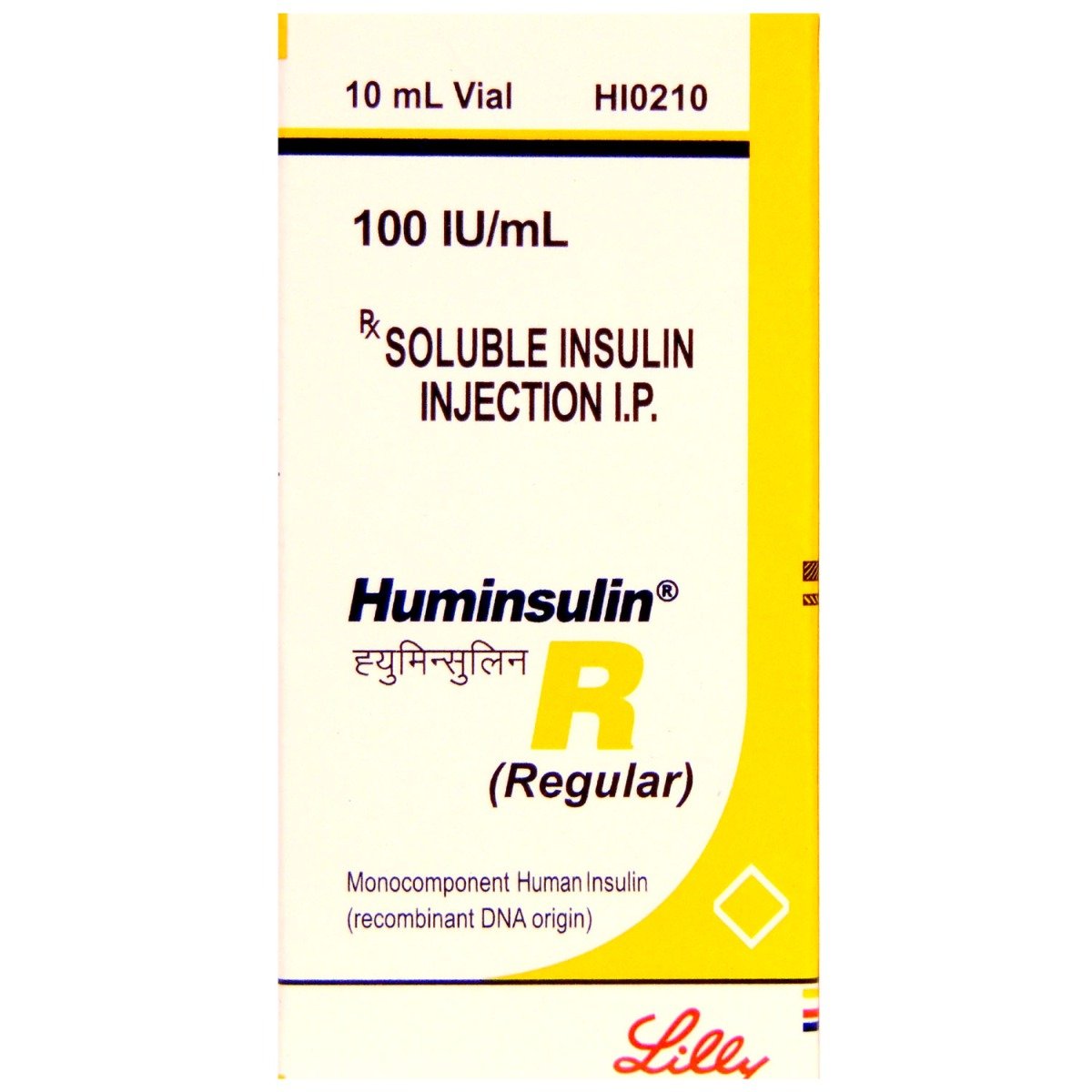

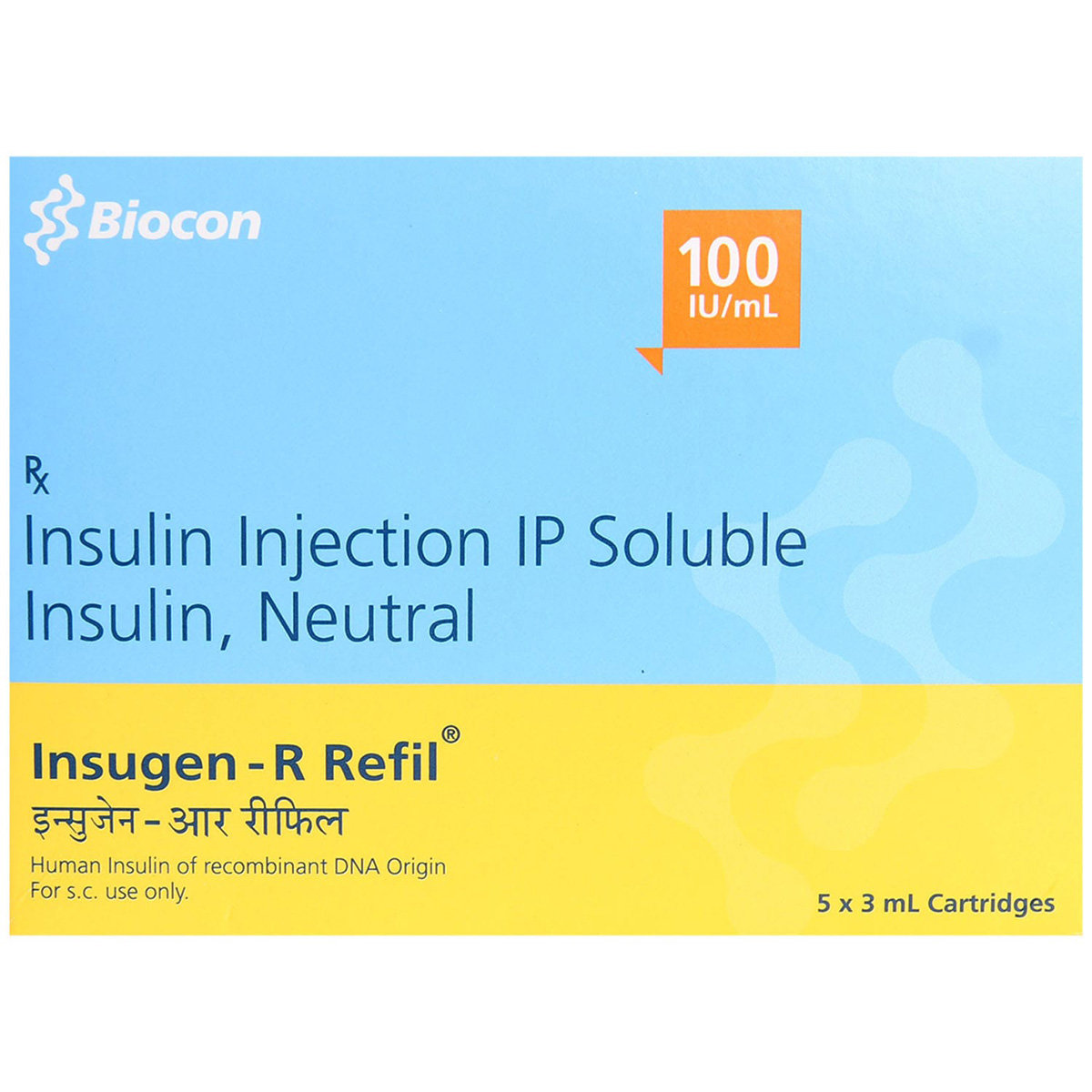
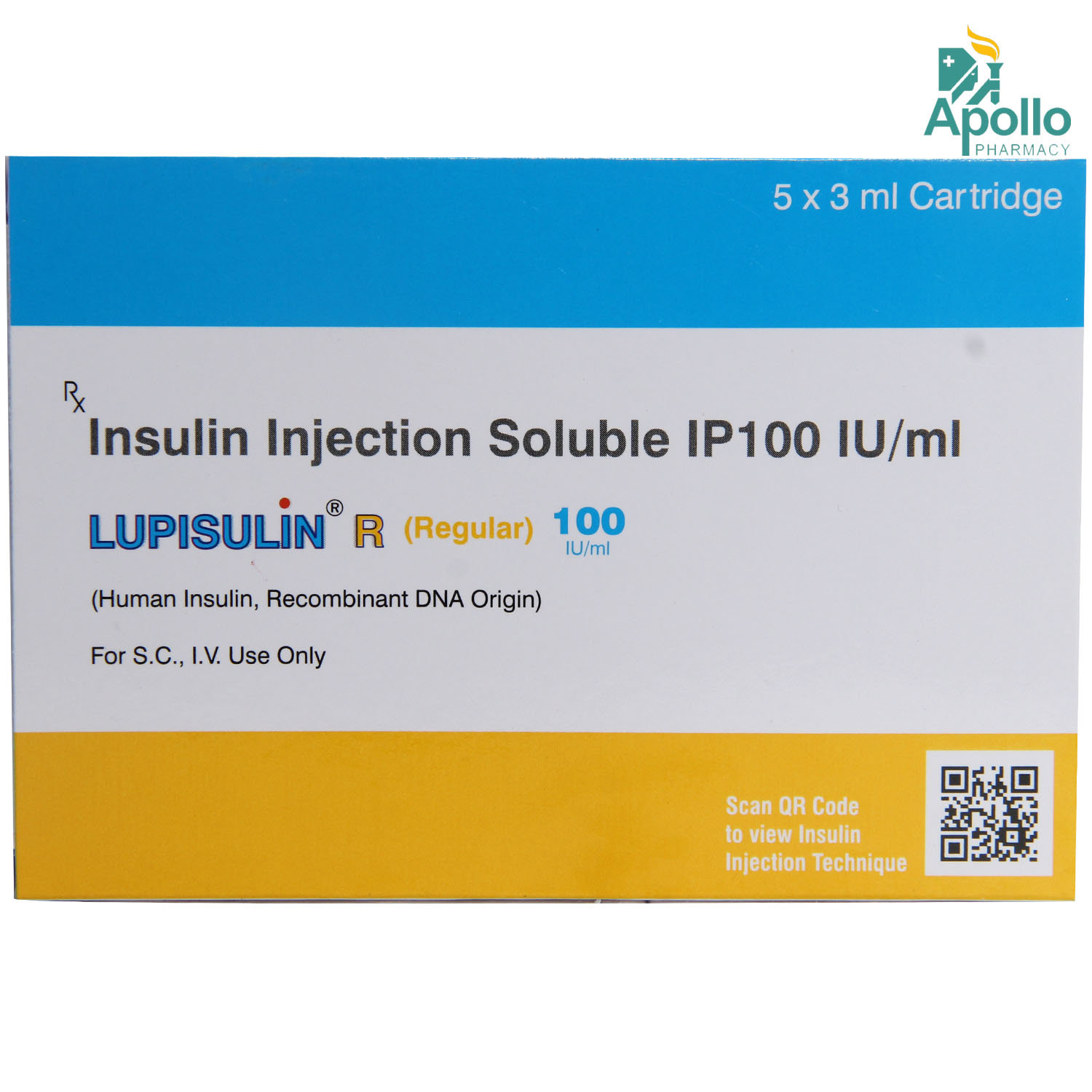
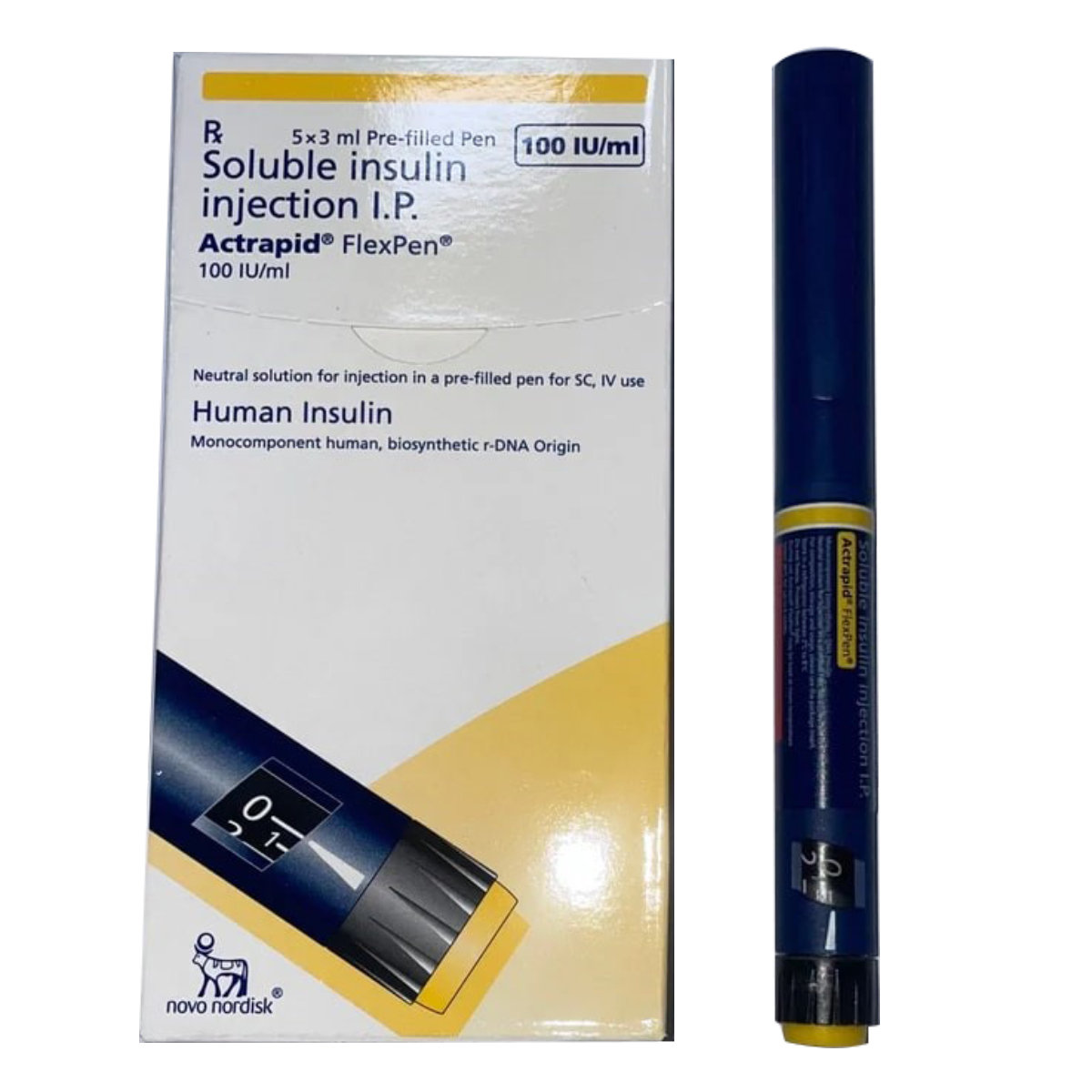
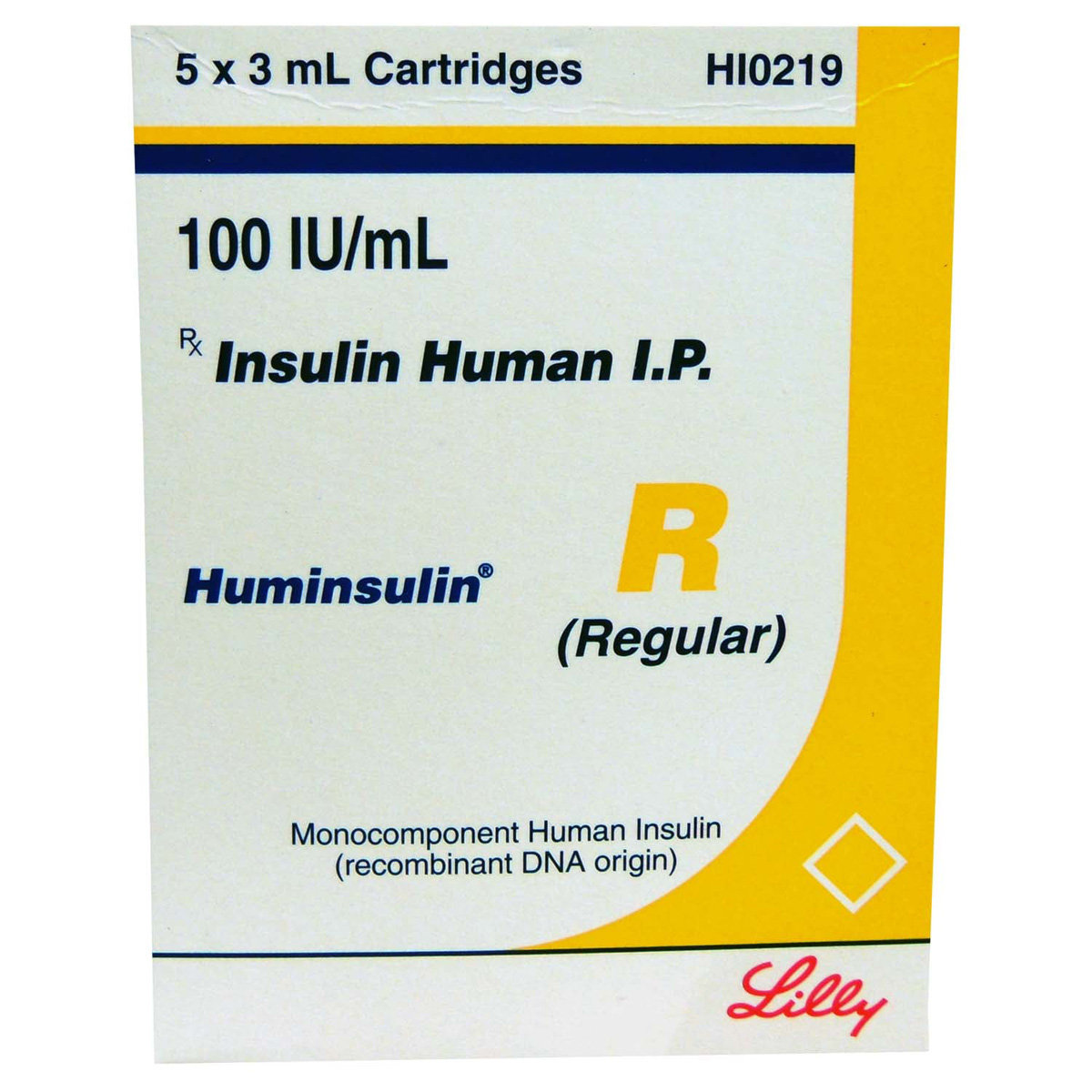


_0.jpg?tr=q-85)
